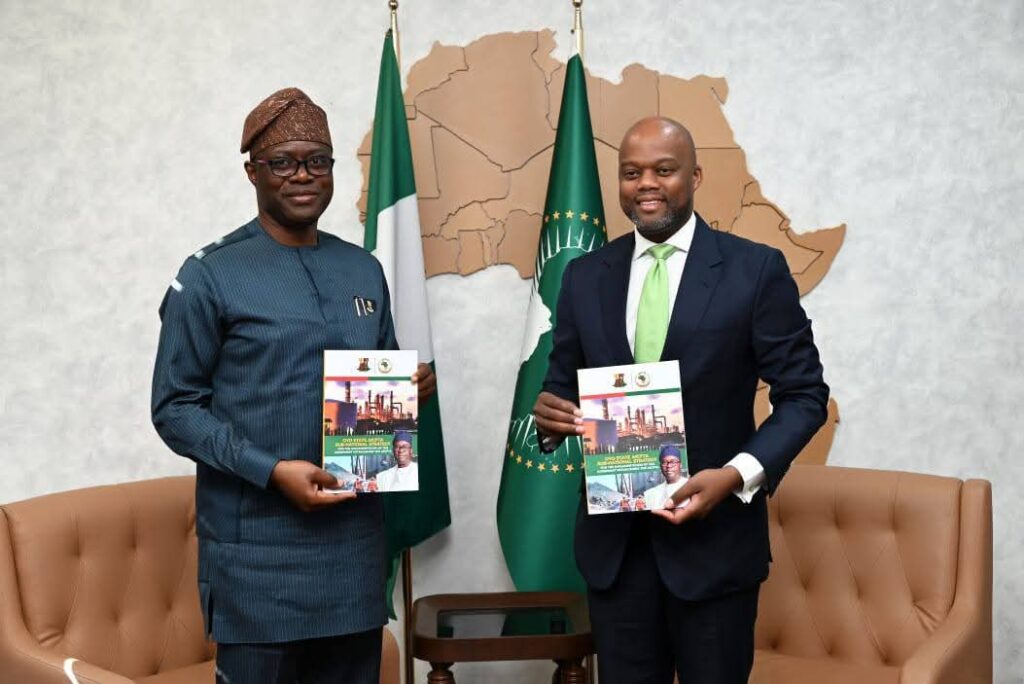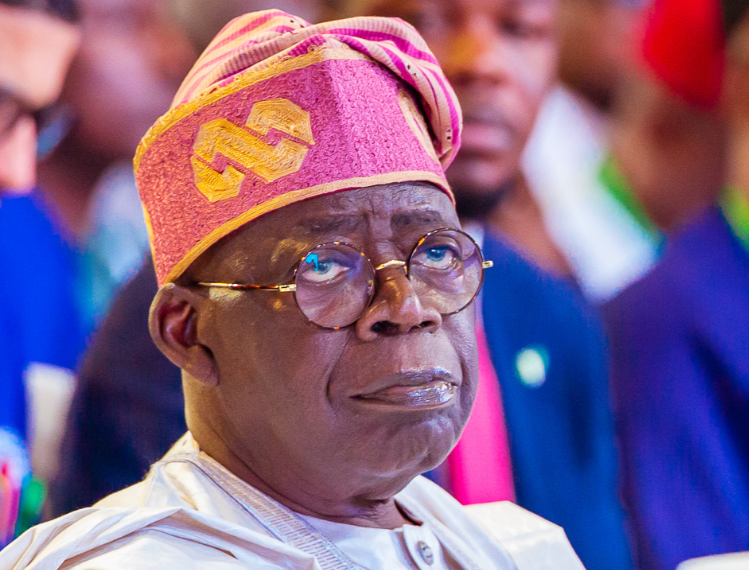A major legal drama is unfolding in Abuja as H-Medix Pharmacy, Max Health, and the Federal Competition and Consumer Protection Commission (FCCPC) become entangled in a high-stakes court case over alleged monopoly, unfair competition, and regulatory bias in Nigeria’s retail pharmacy industry, SOFO.ng can confirm.

The Federal High Court in Abuja has fixed January 12, 2026, for hearing all filings related to the multi-million naira lawsuit initiated by Max Health Limited, a growing pharmacy chain challenging what it calls “unfair market dominance” by H-Medix.
The Case at a Glance
Max Health is seeking a court injunction to stop the Pharmacy Council of Nigeria (PCN) from approving new H-Medix outlets in Abuja. The company alleges that H-Medix’s rapid expansion—now exceeding 11 mega outlets—has disrupted the local pharmaceutical market and stifled smaller competitors.
According to court filings, Max Health argues that H-Medix’s unique business model, which combines pharmacy, supermarket, bakery, and household goods under one roof, gives it an unfair commercial advantage, attracting massive customer traffic and pushing independent pharmacies to the brink.
The suit lists several key defendants, including:
- Federal Competition and Consumer Protection Commission (FCCPC)
- Pharmacy Council of Nigeria (PCN)
- Pharmaceutical Society of Nigeria (PSN)
- Federal Capital Territory Administration (FCTA)
- H-Medix Pharmacy Limited
H-Medix Responds: “We Operate Within the Law”
Represented by Fredrick Itula (SAN), H-Medix has denied all allegations of monopolistic conduct. The pharmacy chain insists it operates legally within regulatory boundaries and currently employs over 100 licensed pharmacists across its Abuja locations.
In its counterclaim, H-Medix describes Max Health’s suit as “an attempt to weaponize regulation for market advantage.” The company has filed a ₦150 million countersuit against Max Health, seeking damages and a public apology in three national newspapers for what it calls a deliberate attempt to tarnish its brand reputation.
FCCPC’s Position: Investigation Still Ongoing
Responding to the lawsuit, the FCCPC acknowledged receiving Max Health’s complaint but clarified that the matter remains under preliminary investigation.
The Commission emphasized that it cannot stop any business expansion unless there’s clear evidence of competition law violations under the Federal Competition and Consumer Protection Act (FCCPA) 2018.
It also questioned Max Health’s legal standing, arguing that not all market grievances meet the threshold for anti-competition claims.
Presiding judge Justice Obiora Egwatu ordered the FCCPC to serve all defence documents to the relevant parties before the next hearing. The court will reconvene on January 12, 2026, to address all pending filings and motions.
The outcome of this case could set a legal precedent in how Nigeria interprets competition, dominance, and consumer fairness — particularly within the pharmacy and retail health sector, which has grown more consolidated over the past decade.
Why This Case Matters
This legal battle is more than a corporate feud — it’s a test of Nigeria’s regulatory maturity in balancing free-market enterprise with consumer protection.
As pharmacy chains like H-Medix and Max Health race to dominate urban markets, regulators face growing pressure to define what counts as “fair competition” in a liberalizing economy.
If the court rules in favor of Max Health, it could slow down the expansion of integrated pharmacy-supermarket models in Nigeria. But if H-Medix prevails, it could open the door for more multi-service retail pharmacies nationwide.


